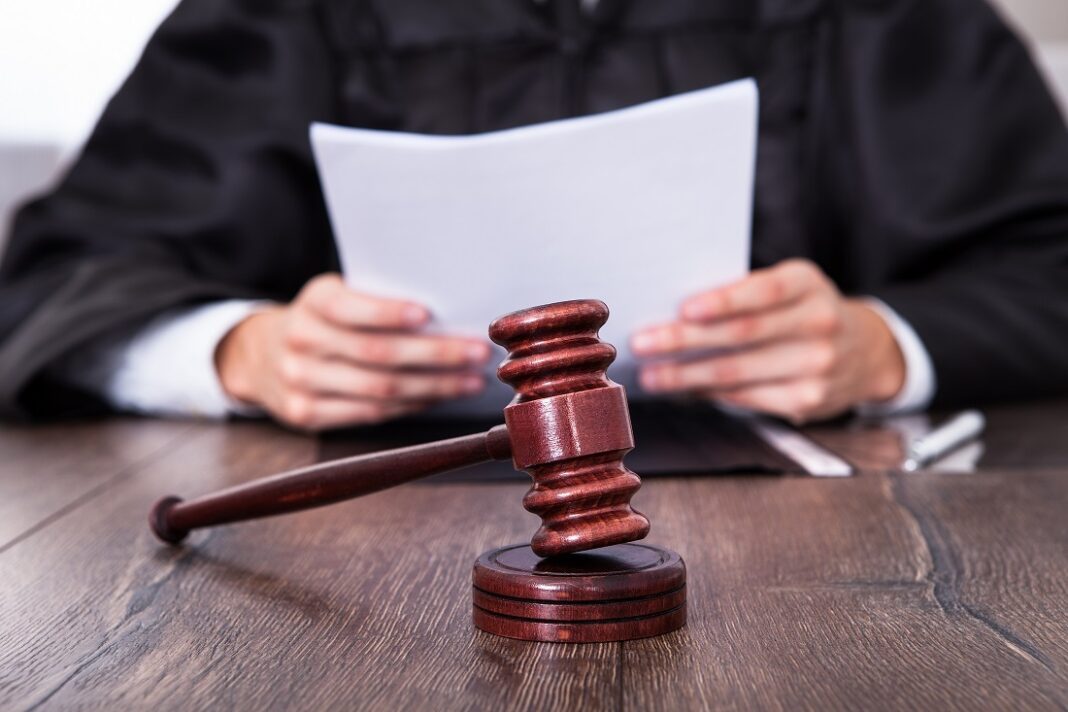Negligence law plays a pivotal role in personal injury cases in Virginia, shaping the legal framework that determines liability and compensation. Understanding negligence law principles is crucial for persons who suffer injuries at no fault in personal injury claims. The article explores the significance of negligence law in Virginia, highlighting its impact on establishing fault, determining the duty of care, assessing breaches, and seeking appropriate compensation for injured parties.
- Establishing Duty of Care
Negligence law in Virginia imposes a duty of care on individuals and entities, requiring them to act reasonably to prevent harm or injury to others. The duty of care extends to various contexts, such as motorists operating their vehicles safely and healthcare providers ensuring the well-being of their patients. However, it is essential to know that Virginia follows the “pure contributory negligence rule,” a strict standard.
Under this rule, if the plaintiff has any degree of fault in causing their injury, they may be completely barred from recovering damages. That makes it crucial for individuals involved in personal injury cases in Virginia to seek experienced legal representation from an experienced Alexandria Personal Injury Attorney to navigate this challenging legal landscape effectively and ensure you get the maximum compensation you deserve.
- Establishing Causation
Proving causation in personal injury cases can be a challenging task. Two key causation components are actual causation and proximate causation. Actual causation requires showing that the injury would not have occurred without the defendant’s actions or negligence. Proximate causation focuses on whether the defendant’s actions were the legal cause of the damage, considering foreseeability and the extent of the consequences.
In Virginia, the law of evidence recognizes the importance of expert testimony in establishing medical causation. Expert witnesses can provide specialized knowledge to link the defendant’s actions or negligence to the plaintiff’s injuries. Determining negligence and proximate causation is typically left to the jury as they evaluate the evidence presented. It’s advisable to entrust your case to an experienced personal injury attorney who can navigate the complexities of proving causation and present a compelling argument to support your claim in Virginia courts.
- Assessing Damages
In personal injury cases, assessing damages is crucial in seeking fair compensation. While some injuries and damages may be apparent, an experienced attorney can help uncover additional losses that may not be immediately obvious. In Virginia, injuries can be in economic or non-economic categories. Financial damages include medical expenses, lost wages, and property damage, while non-economic damages encompass pain and suffering, emotional distress, and loss of enjoyment of life.
The Code of Virginia, common law principles, and specific statutory provisions guide the determination of compensation for these damages. A skilled attorney can navigate these legal frameworks to ensure a comprehensive assessment of damages and pursue the maximum compensation available under the law.
- Contributory Negligence
Contributory negligence is a legal doctrine followed by a few states, including Virginia. Under contributory negligence, if there’s proof that a plaintiff has contributed to their injury, even minimally, they may be completely barred from recovering any compensation from the defendant.
The contributory negligence doctrine significantly burdens plaintiffs, as it does not allow the consideration of the comparative fault in determining liability. Virginia’s adherence to the contributory negligence rule makes it crucial for individuals involved in personal injury cases to seek experienced legal counsel who can navigate the strict standard and build a solid case to establish the defendant’s sole liability.
- Seeking Legal Counsel
Navigating personal injury cases in Virginia can be particularly challenging, given the specific laws and regulations in the state. Proving negligence, a key element in personal injury claims requires a deep understanding of the case law derived from federal and state court decisions. Virginia’s General Assembly has enacted specific statutes that further shape how negligence laws apply to personal injury cases.
In this complex legal landscape, seeking the assistance of a skilled personal injury attorney in Virginia is crucial. They have the expertise to develop the necessary evidence, analyze the relevant laws, and craft a compelling case tailored to Virginia’s legal framework. With their guidance and representation, you can maximize your chances of achieving a successful outcome and obtaining the compensation you deserve for your personal injury claim in Virginia.
Conclusion
Negligence law plays a crucial role in personal injury cases in Virginia, providing a framework for determining liability and seeking compensation. By establishing the elements of negligence, including duty of care, breach of duty, causation, and damages, and meeting the requirement of contributory negligence, injured parties can build a strong case for their claim. Seeking legal counsel from experienced personal injury attorneys can help you understand the implications of negligence law and empower you to navigate the legal process effectively, ensuring fairness and justice in personal injury cases in Virginia.
